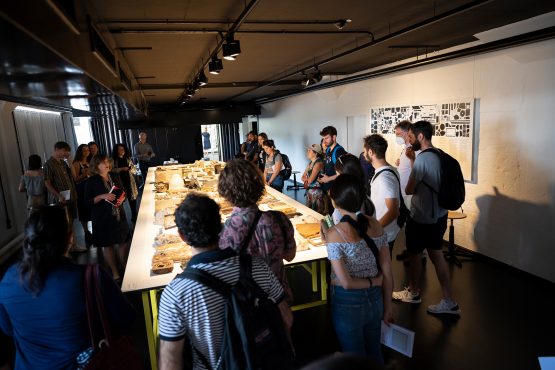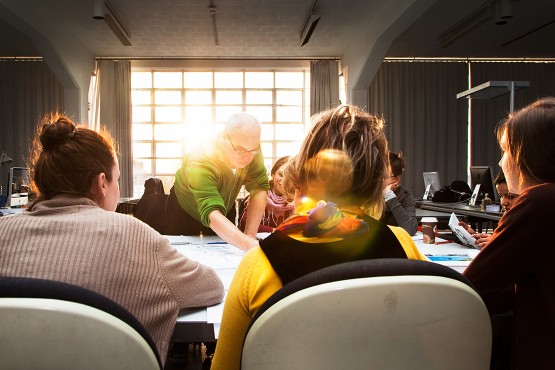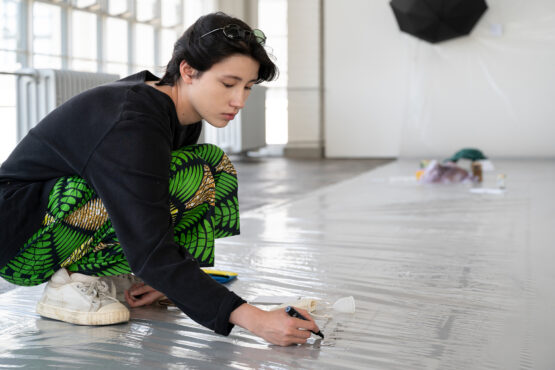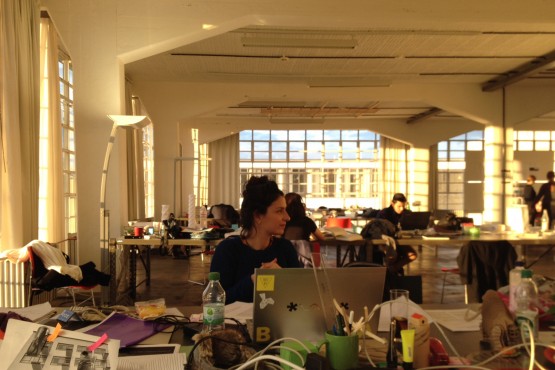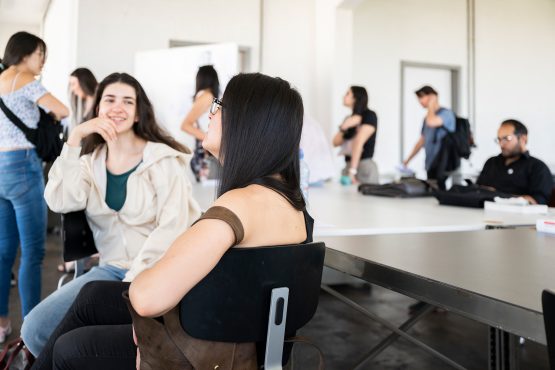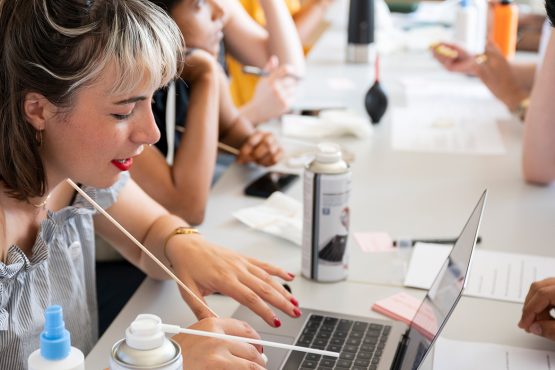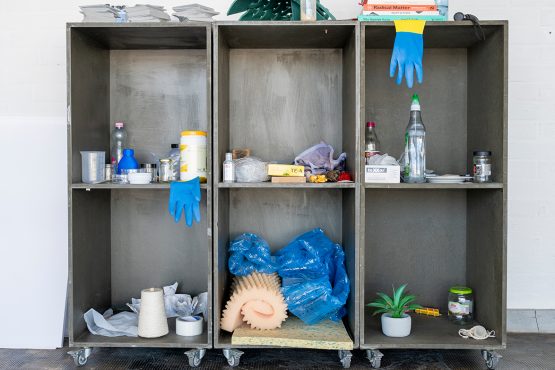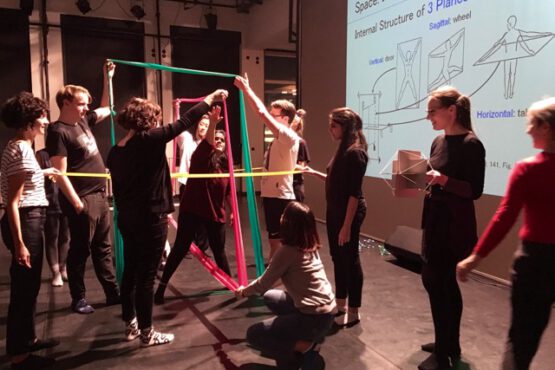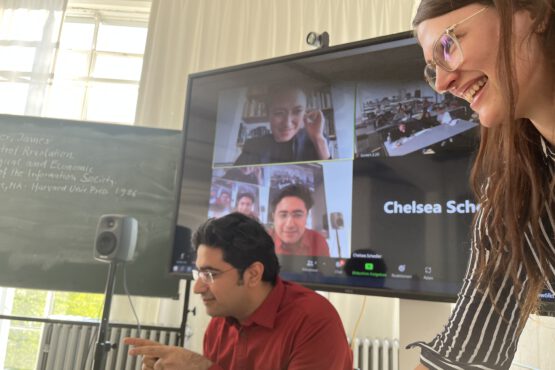The one-year Master program COOP Design Research offers an overview of the diversity of academic scholarship in this field and contributes to strengthening a research practice by the means provided by design. The program strives to integrate design and research as a transdisciplinary field between material studies, social sciences, design anthropology, cultural studies, technology studies, architecture and design history, and theory.
Throughout the program, the students obtain the academic knowledge and intellectual competencies to critically engage with the complex challenges designers face in the 21st century. In this respect, students acquire the ability to engage in an academic discourse, to theoretically penetrate phenomena of the material environment and to articulate themselves in writing.
The students’ experiences gained in previous studies and professional practice constitute the basis for developing an approach towards a design research led by critical reflection. Comprehensive introductions to methodologies of theory reading, academic writing, field research, and analysis are provided as tools for complementing both theoretical knowledge and practical reflexivity. It is not only about what is studied, but also about how it is learned: due to its interdisciplinary and transcultural structure, the program also promotes inclusion, diversity and critical thinking.
The COOP Design Research MSc. program is conducted as a teaching cooperative by Anhalt University of Applied Sciences and the Bauhaus Dessau Foundation in cooperation with Humboldt University Berlin, with coursework taking place both at Gropius’ Bauhaus in Dessau and—to a lesser degree—at Humboldt University in Berlin. The diversity of the teaching staff with their different academic backgrounds contributes to the multi-perspectivity of the program. The courses are jointly run by professors and lecturers from the associated institutions as well as by international guest lecturers.
Drawing from different teaching methods contributed by each of the three aforementioned partner institutions, the core of the MSc. program relies on three thematic building blocks: Design as Research; Design as Education; Design as Projection.
The degree of Master of Science opens up professional perspectives in the fields of research and teaching of design, cultural studies, as well as curatorial practice. It can be conceived as either a preparatory step towards doctoral studies or as a theoretical enrichment for applied design research and practice. Moreover, the program fosters international cultural exchange, personal growth and as such paves the way for a meaningful level of social engagement.
The programme is conducted at Gropius´ Bauhaus in Dessau. Some lectures take place at Humboldt Universität zu Berlin. See the video on COOP Design Research MSc. program here





